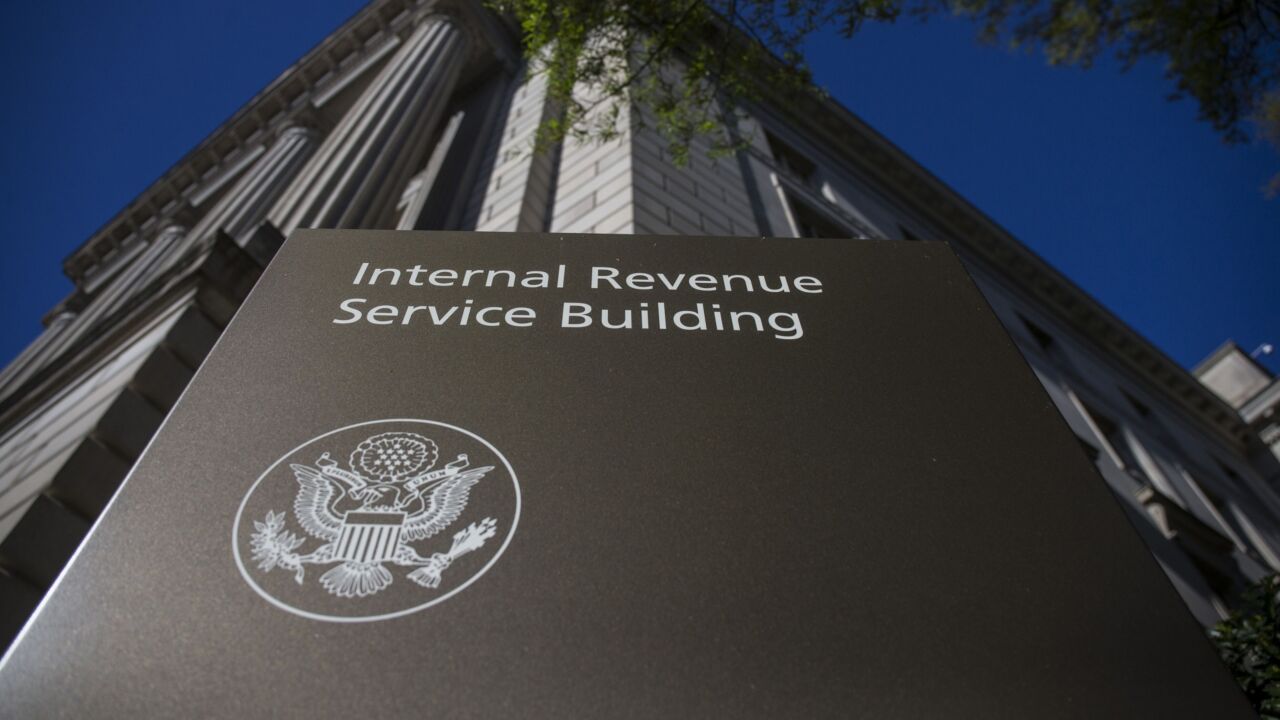A new customer segment – the “first-time defaulter” – has emerged in the past two years and is presenting challenges for banks, according to a survey examining the future of consumer lending conducted by the Deloitte Center for Financial Services.
According to the survey, 11% of bank customers have been hit with a negative credit experience for the first time in their lives in the past two years. Overall, 22% of consumers have experienced a serious negative credit situation since the peak of the crisis in September 2008 - including events such as delinquency, foreclosure, bankruptcy and charge-offs.
"This is a significant new customer segment that banks should be aware of," says Andrew Freeman, executive director of the Deloitte Center for Financial Services, Deloitte LLP. "Our research shows just how sizeable the first-time defaulter group has become."
More than half of first-time defaulters (58%) have been contacted by a collection agency, and 43% have been delinquent with medical bills.
The survey indicates these events could be costly for financial institutions, as poor interactions and unmet customer expectations may cause the first-time defaulters to look elsewhere: 63% of respondents say they are not at all likely to borrow from their current institution in the future based on the lender's efforts to help resolve their issues.
"Today, retail banks are rethinking their broader lending strategies and practices," says Freeman. "As part of this reassessment, lenders are likely to be paying careful attention to how they serve this new segment. When implementing strategies to re-engage with these customers, financial institutions may want to recognize that once many of these individuals are able to regain their economic footing, they may become profitable again."
Other findings of the survey, from the full base of respondents, include:
• Almost two-thirds of consumers (65%) say that they have the same level of satisfaction relative to two years ago with their bank.
• At the same time, most respondents have seen little change in the lending process overall ― although 16% said they have seen higher fees associated with loans and credit.
• Only 28% believe the Dodd-Frank Act and other new regulations will have immediate benefits for consumers. Furthermore, a significant proportion of consumers expect higher fees, higher rates, more paperwork and fewer offers from lenders in the next 12 months.
• More than half of those surveyed (52%) would prefer to use a single bank for all their financial services needs. But, with consumers’ interest in obtaining loan products from their primary bank surprisingly low, the survey findings indicate that banks’ cross-selling efforts will likely require some fresh, creative efforts.
"We have entered a new phase in retail banking’s evolution, with consumers facing fundamental changes in the relationships they have with their financial services providers," says Freeman. "Banks should consider re-evaluating their consumer lending business models, starting with how they originate loans and working all their way through the process to how they manage collections from customers who are either impaired or are in default."
The survey, with a total sample of 5,142 respondents, was conducted for the Deloitte Center for Financial Services by Harris Interactive.





